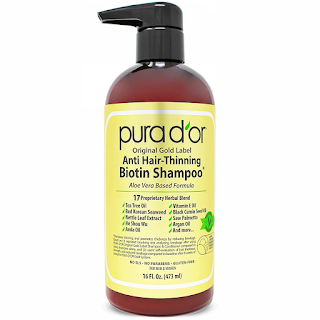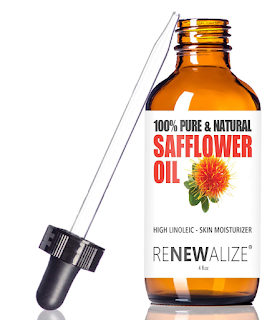Natural Treatment for COVID Long-Haulers: What You Need to Know (2022)

The global prevalence of post-COVID syndrome or long COVID four months after the infection is now estimated at 49% of all patients ( Journal of Infectious Diseases, November 2022 ). About 54% of hospitalized patients had long-hauler symptoms and about 34% of non-hospitalized patients had symptoms. This is a very important point to note i.e. severe disease tend to lead to long COVID as compared to mild disease. Among those who were hospitalized, only 26% fully recovered after five months ( R ), and nearly half still had symptoms one year later ( R ). Those who needed mechanical ventilation were 58% less likely to heal fully; obese people were half as likely to recover fully ( R ). At the two-year mark, 55% of hospitalized patients had at least one COVID-19 symptom, compared to 68% six months after infection. Patients generally had poorer health two years later and still experienced pain, fatigue, problems with sleeping and mental health issues. The...

